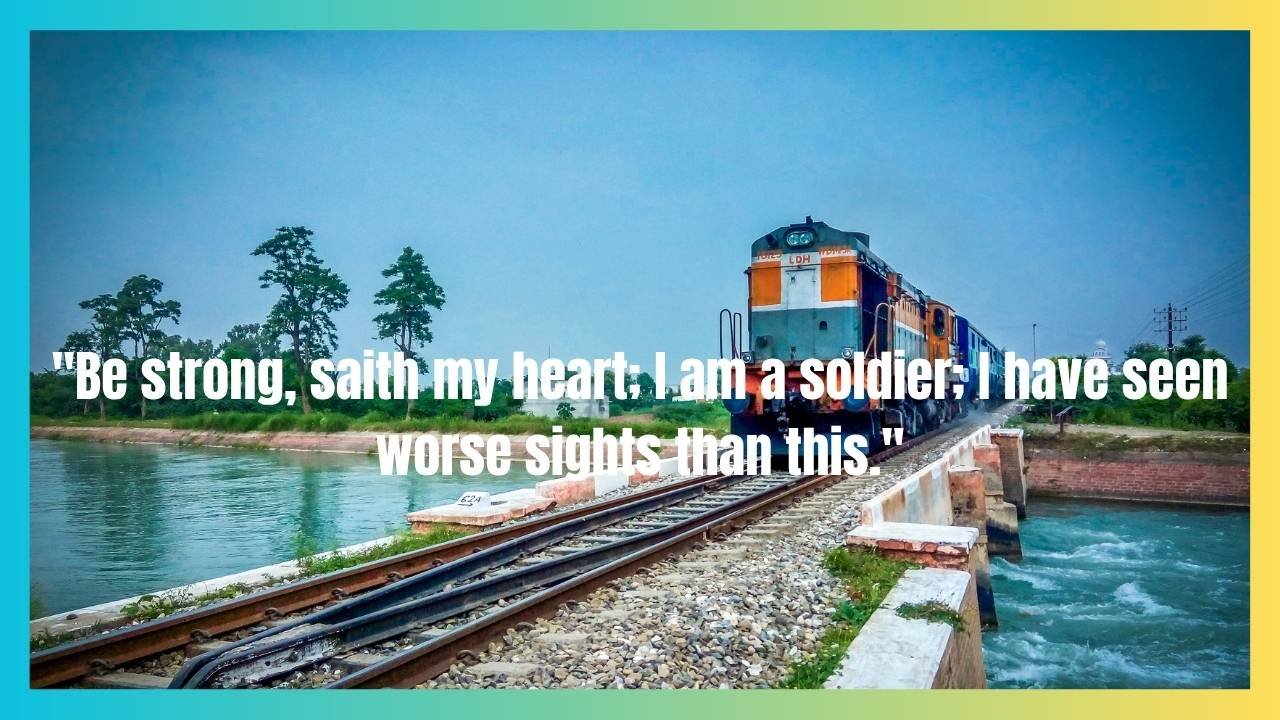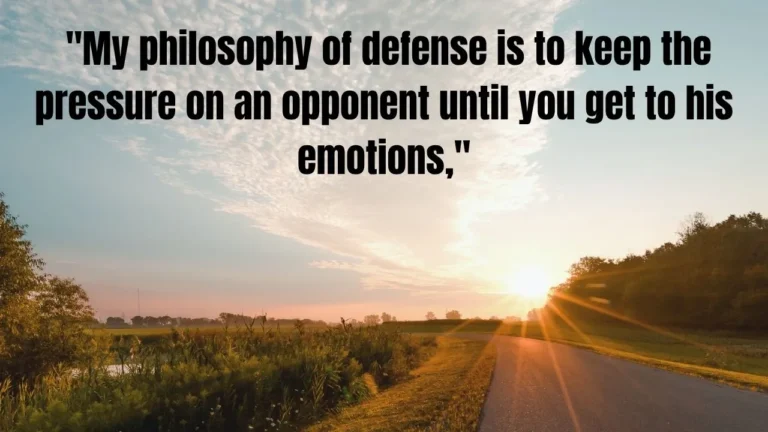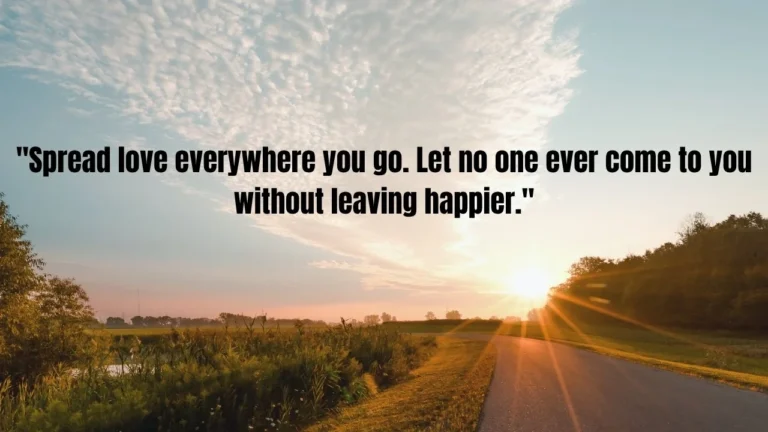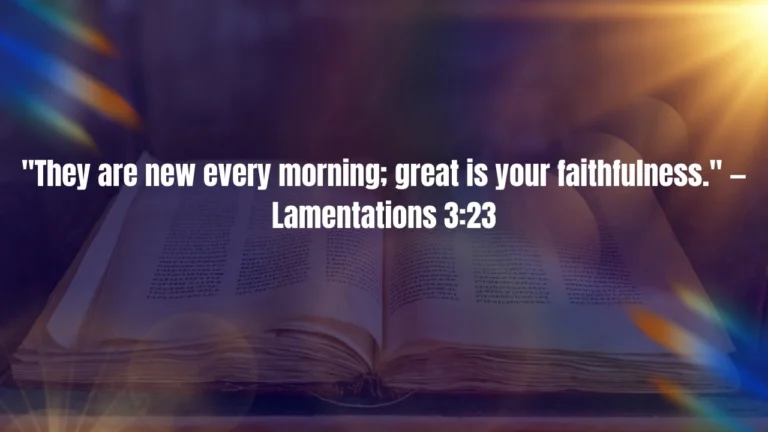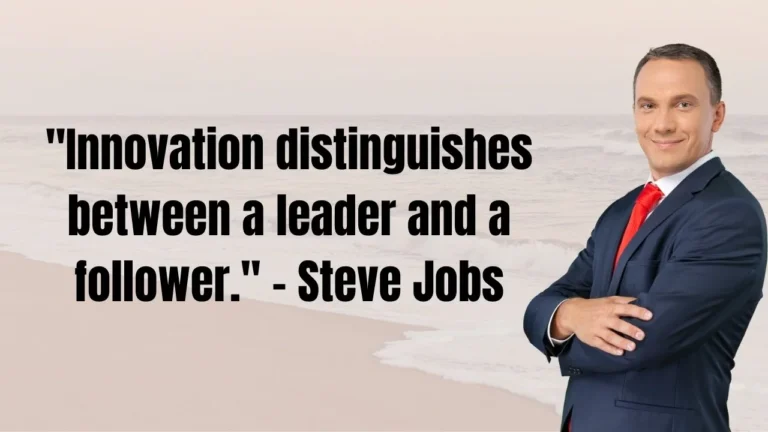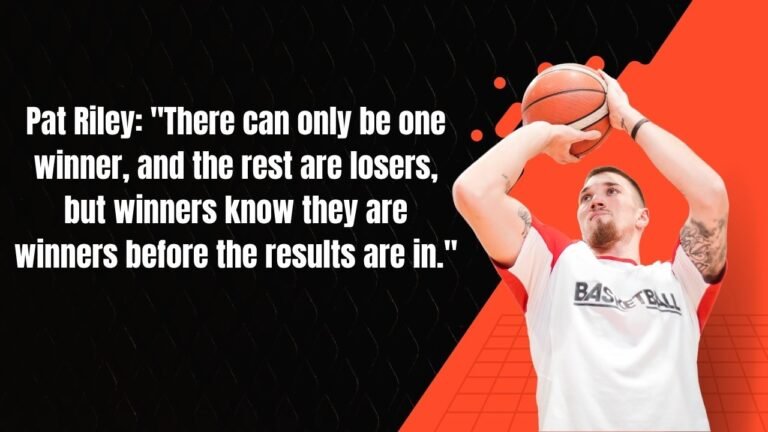The Odyssey Quotes: Ancient Wisdom That Still Guides Us Today
The Odyssey is one of the best treasures of humanity. This epic Greek poem, penned about 3,000 years ago by Homer, recounts the long journey home of Odysseus after the fall of Troy. But there is a lot more to The Odyssey than adventure and battles. It provides us with words that can slice through directly to the very core of our being human.
The aphorisms from the Odyssey are still in circulation for the simple reason that they’re true. They talk about suffering and perseverance. About love and marriage. On the battle between gods and mortals. Ancient lines that still lead us through our own storms. if you are quotes lover and went to read more quotes than visit quotes slide.
Understanding The Odyssey’s Enduring Power
The Epic That Defines the Human Journey
The Odyssey narrates the epic of a complicated man. It took Odysseus ten years to fight in Troy. He then spent another decade trying to return home. Along the way, he battled shipwreck and monsters. He fought the wrath of Poseidon. He was deprived of his crew when they devoured the cows of the Sun God.
This isn’t simply a tale of adventure. It is a tale of return, after all. About what someone will suffer to get back to those they love. The epic quest turns into a mirror. We recognize in it our own struggles to find our way home, whether that home is a place or a person, an idea of ourselves that we lost along the way. if you went to read Quotes That Reveal the Meaning than visit this page.
Homer’s Poetic Genius: Why These Words Endure
The Odyssey was composed by Homer in the oral tradition. These stories were sung and spoken before they were ever written down. That means every line had to make an impression. Each image needed to burn into the brain.
The result is poetry that shreds. Homer employs metaphor and symbol to say what cannot be said in plain speech. And when he writes about the wine-dark sea, we feel its depths, and the dangers lurking there. When he writes about longing and nostalgia, there’s a tang of our own tears in his words. if you went to read about Arabic Proverbs than visit this page.
The Odyssey Quotes on Strength and Perseverance
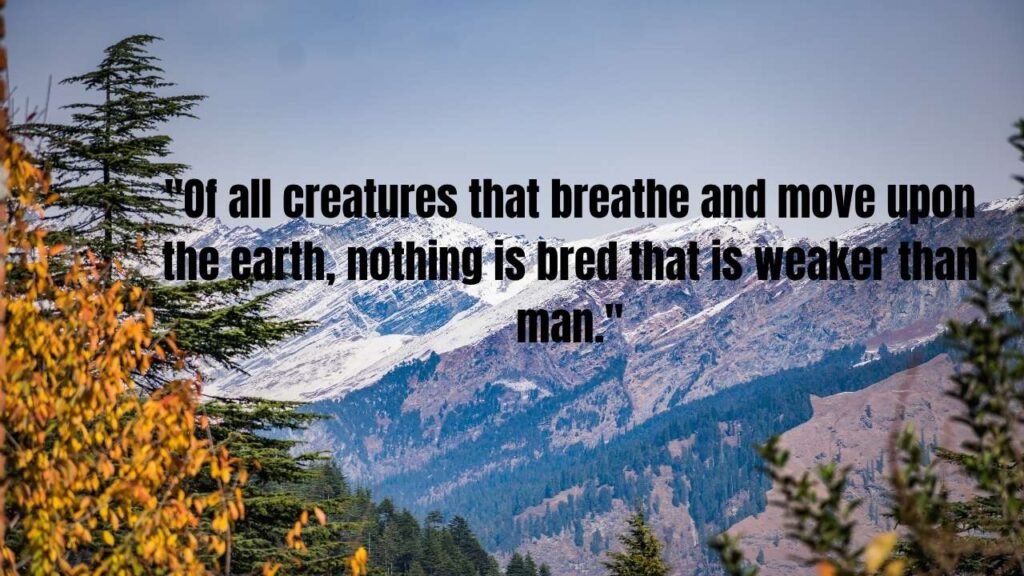
Be Strong, Saith My Heart; I Am a Soldier
“Be strong, saith my heart; I am a soldier; I have seen worse sights than this.”
This quote describes the warrior within each of us. Not the battle as fought with spears or swords, but one waged against despair. Odysseus now mutters these words to him. He gives himself a command. He says, it’s his own strength he is reminding himself of.
What makes this quote powerful? It demonstrates that courage isn’t the absence of fear. Courage is that small voice in the dark whispering, “keep going.” The mentality out here is that of soldiering to survive. About what it means, putting one foot in front of another when your legs want to collapse under you.
Of All Creatures That Breathe and Move Upon the Earth, Nothing Is Bred That Is Weaker Than Man
“Of all creatures that breathe and move upon the earth, nothing is bred that is weaker than man.”
This might sound like a grim thing to say. But it has deep insight into human vulnerability. We are weak. Our bodies break easily. Our emotions overwhelm us. We need food, we need water and you know, we just need shelter. We need love or we wither.
But this weakness is our power, too. In our weakness, we discover compassion. For it is only in our suffering that we lose patience“This does not mean I always do what’s best for myself. It’s because we are confronted with death that life is precious to us. Homer understands the paradox of what it means to be human.
Quotes About Enduring Through Hardship
“A man who has been through bitter experiences and travelled far enjoys even his sufferings after a time.”
This quote gets something we all learn if we have the pleasure of living long enough. Suffering changes over time. It is like when we are in pain, it goes on and on. It feels as if it will devour us. But later, in retrospect, something strange occurs.
The bitter experiences that almost destroyed us are the ones that make us who we are. They are the stories we tell. They become the evidence that we are survivors. Homer knew that humans are storytelling animals. We make a story of our pain by narrating it.
The Odyssey Quotes on Love and Loyalty
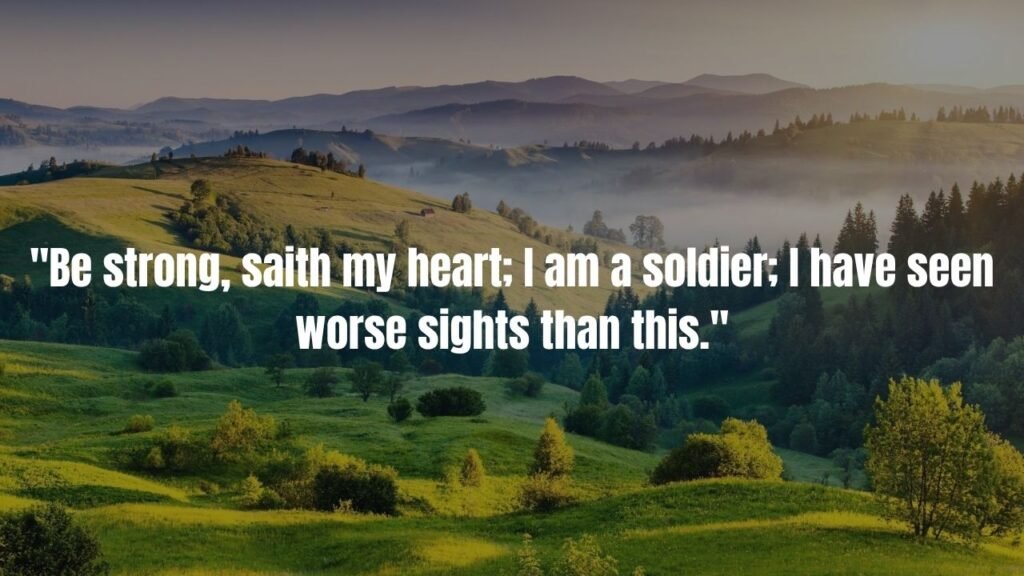
The Reunion of Odysseus and Penelope
“Longed for as the sunwarmed earth is longed for by a swimmer spent in rough water where his ship went down.”
It is one of the loveliest expressions of love ever written. Homer compares the solace of reuniting a man and wife to that of a drowning swimmer who finally struggles up on shore. After years apart, after so many dangers, Odysseus and Penelope hold each other as the land holds someone who has nearly perished at sea.
The image is perfect. To swim in those breakers is pure terror. Knows one may never make it to solid ground. When feet make contact with sand, when arms reach around the solid earth walls, the relief is complete. The gratitude is complete. It is the feeling Odysseus has when he has Penelope in his arms. This is what it feels like to hold him.
There Is Nothing More Admirable Than When Two People Who See Eye to Eye Keep House
“There is nothing more admirable than when two people who see eye to eye keep house as man and wife, confounding their enemies and delighting their friends.”
This quote speaks to partnership. Homer appreciates two people with a vision. Who work together on shared priorities. Who stand together as one to the world.
Marriage, would seem, is not all about feelings or being romantic. It’s not just the couple, but the whole family you’re creating together. Keeping house means creating stability. Raising family bonds. Supporting each other’s work. The couple who does this will become stronger than two individuals.
The Odyssey Quotes on Friendship and Brotherhood
For a Friend with an Understanding Heart Is Worth No Less Than a Brother
“For a friend with an understanding heart is worth no less than a brother.”
Homer makes friendship as strong and important as blood family ties. In the ancient Greek world, families mattered. To say that friend equals brother is about as fine a praise as we can give. But Homer means it.
So what makes a friend that valuable? An understanding heart. Somebody who sees you clearly and loves you anyway. Somebody who knows your faults and supports you. Someone who hears not just what you say, but what is beneath it.
Loyalty and Betrayal in The Odyssey
The Odyssey is rife with lessons in the nature of trust. Some of Odysseus’s men remain loyal. Others do not. After the crew gorges on the Sun God’s cattle against warnings, they elect short-term pleasure instead of long-term survival. This breach of confidence ultimately gets them killed.
It’s a lesson Homer provides for us: Loyalty is tried when times are tough. Anybody can be faithful when things are going well. Friendship is only proven when the act of following your friend or leader demands sacrifice. When doing the right thing comes at a cost.
The Odyssey Quotes on Human Nature and Responsibility
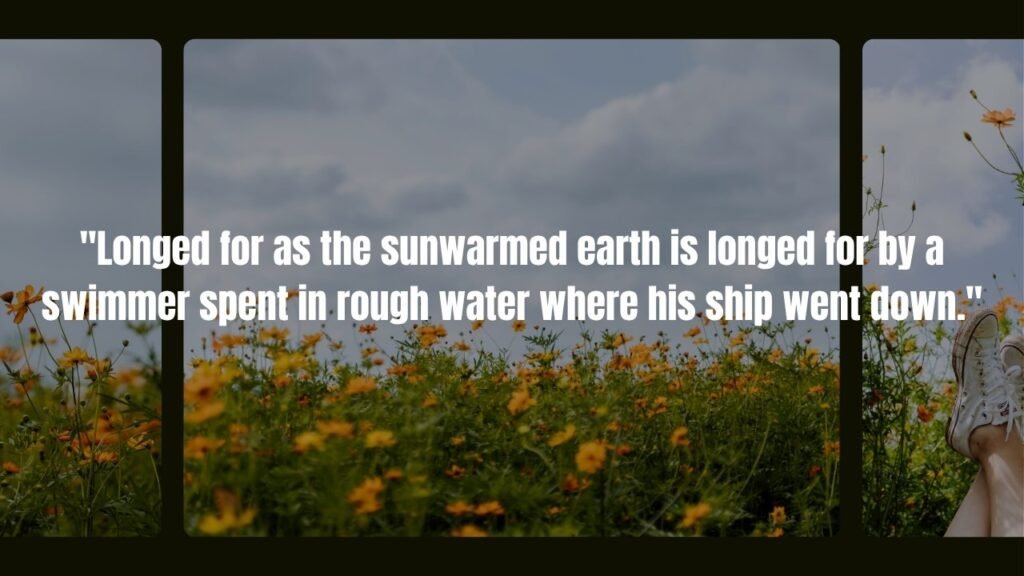
Men Are So Quick to Blame the Gods
“Men are so quick to blame the gods: they say that we devise their misery. But they themselves—in their depravity—design grief greater than the griefs that fate assigns.”
This quote addresses personal responsibility. The classical Greeks had a sense of destiny and fate. They believed gods determined many of the things that happened in the world. Wars were won or lost at the discretion of Zeus. Poseidon could wreck ships. Sun God could smite his enemies.
But Homer doesn’t let people off the hook. Yes, gods are far more powerful than mortals. Yes, divine power shapes events. But humans also make choices. And frequently those choices bring pain beyond what fate meted out.
The Blade Itself Incites to Deeds of Violence
“The blade itself incites to deeds of violence.”
There’s a lot of weight in this short line. That weapons transform behavior, Homer notes.” You’re more likely to use it when you have a sword. With the tool at hand, the violence gets easier.
This is about ends and means. We achieve the things we do through the tools we select. And if we’re armed, it’s in war and battle terms. If we bear words, we think of persuasion and peace. The blade symbolizes the deadly shortcut. It’s the response that feels heroic but is usually counterproductive.
The Odyssey Quotes on Wisdom and Self-Knowledge
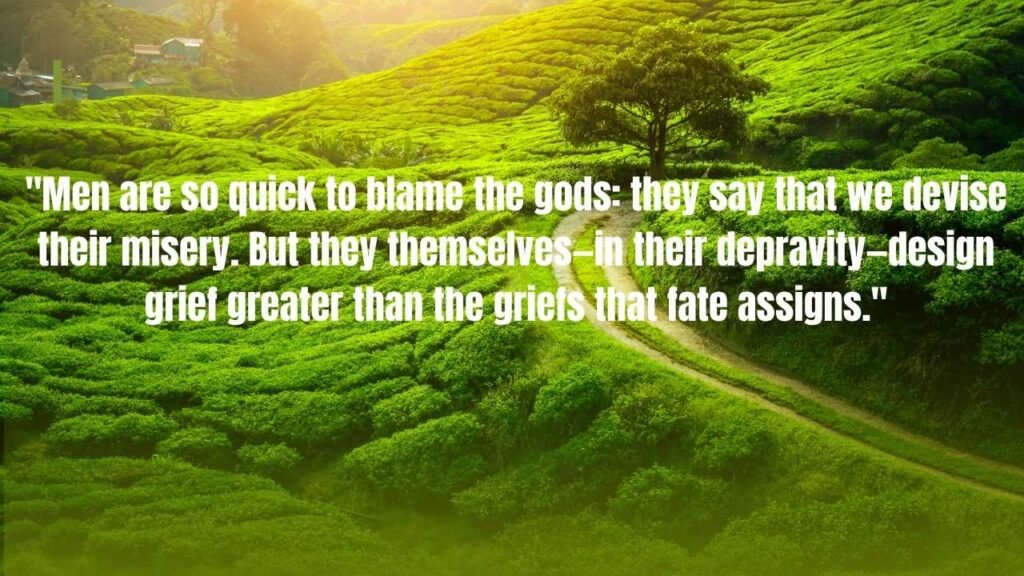
My Name Is Nobody – The Power of Identity
“My name is Nobody.”
Here, Odysseus tells the Cyclops: 4 Shop Now”οὔριος ὠκυπϹóων.Odyssey”When you’re a hundred feet tall, maybe ten feet is pretty small.” It’s a trick, a sly piece of wordplay; it’s worth his life. After the blinded Cyclops asked for help from his fellow Cyclopes, he screams “Nobody is hurting me.” They believe him to be mad and leave him be.
It is moments like this that express the complexity of the man Homer’s books describe. Odysseus does not survive by sheer physicality but also through trickery. He knows the strength of words and speech. He knows when to show his face and when to use a pseudonym.
Each Man Delights in the Work That Suits Him Best
“Each man delights in the work that suits him best.”
This simple statement is a deep truth about human satisfaction. The good life for us is one in which our work is coherent with our nature. When who we are and what we do are the same thing.
Homer was of a world in which most men trod the roads made by their fathers. Sons became what fathers were. But Homer knew even then that happiness is in doing work which is once’s heart and soul for one! “Of finding your place where your gifts meet the needs of the world.
Empty Words Are Evil
“And empty words are evil.”
Homer valued substance over appearance. Vain words—promises unkept, flattery without truth, talk without action—these are evil because they undermine confidence and cause confusion.
Words and speech have power. They can build or destroy. They can heal or wound. But those are just words, and only words with truth (and sufficient action behind it) have real weight. The idle word is worse than silence, for it lies. They create false hope. They waste time and energy.
The Odyssey Quotes on Wine, Excess, and Truth
It Is the Wine That Leads Me On, the Wild Wine
“[I]t is the wine that leads me on, the wild wine that sets the wisest man to sing at the top of his lungs, laugh like a fool—it drives the man to dancing… it even tempts him to blurt out stories better never told.”
Homer understands alcohol perfectly. Wine loosens inhibitions. It emboldens us and it makes us careless. It turns otherwise intelligent men and women into the biggest fools. And, most dangerously of all, it makes us tell our secrets better left unspoken.
This quote encompasses the good and evil of intoxication. The wine fosters happiness and laughter. It makes us sing and dance. It generates flights of wild abandon. But it also steals our filters. We say things we regret. We expose what ought to be private.
The Odyssey Quotes on Time, Sleep, and Reflection
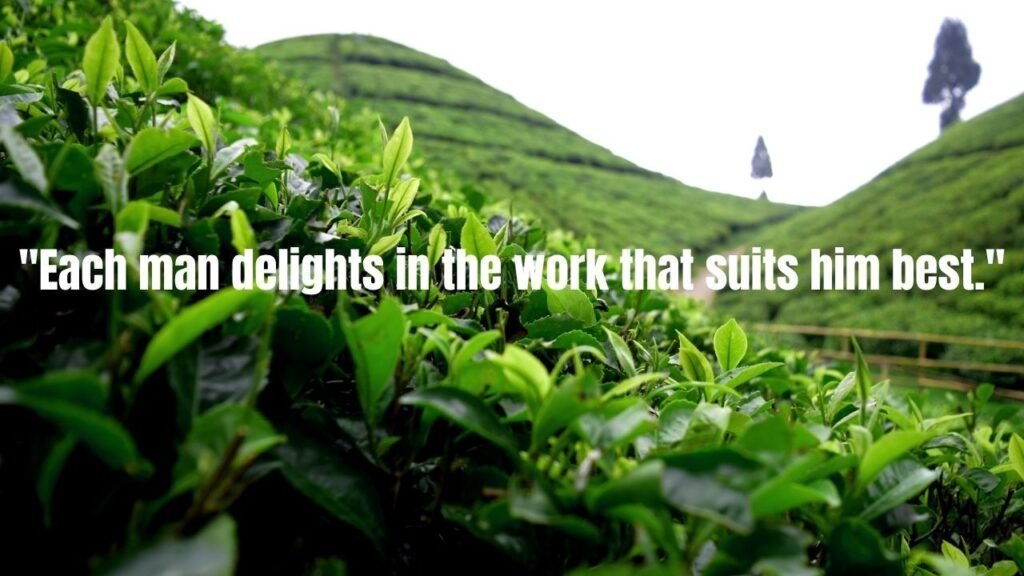
There Is a Time for Many Words, and There Is Also a Time for Sleep
“There is a time for many words, and there is also a time for sleep.”
It reads like poetic wisdom on rhythm and balance. There is a time for everything. A time for conversation and a time to be quiet. A time to act and a time to heal.
Sleep and rest matter. We cannot keep marching ahead without stopping and breaking down. Homer knows that under all urgency, sometimes the most sensible thing you can do is go to bed. To rest the body and mind. To have faith in the morrow that brings new power.
Sleep, Delicious and Profound, the Very Counterfeit of Death
“Sleep, delicious and profound, the very counterfeit of death.”
Homer thinks of sleep as a small death. When we are asleep, we are unconscious. We surrender control. We become vulnerable. Yet this surrender is delicious. It is necessary. It is how we survive.
This analogy between sleep and rest and death recurs throughout The Odyssey. Both involve letting go. Both require trust. They transport us each to places we can’t control. But sleep is temporary death. We wake again. This is what makes it practice for ultimate surrender.
The Odyssey Quotes on Storytelling and Memory
Even His Griefs Are a Joy Long After to One That Remembers
“Even his griefs are a joy long after to one that remembers all that he wrought and endured.”
This quote gets to the heart of why we people tell stories. We transform suffering through remembrance. With time and distance, the grief that once threatened to consume us can become a source of meaning and even joy.
Why does this happen? For it is memory that permit us to discern patterns. To understand what we learned. To acknowledge in ourselves how we changed by suffering. What seemed so silly then finds its purpose later. What was unbearable is now evidence that we can bear more than we once could have imagined.
Why Cover the Same Ground Again?
“Why cover the same ground again? … It goes against my grain to repeat a tale told once, and told so clearly.”
Homer values efficiency in storytelling. Once something’s expressed perfectly, who needs to say it again? If you’ll excuse the prophecy This line comes up when a character is refusing to repeat what he has already overheard. There is impatience here. A feeling that to do the same thing over is a waste of time.
What does this teach us? That good communication is plain and simple. That when you respect your audience, you don’t bore them with unnecessary repetition. That what’s next is more important than what people have heard before.
The Odyssey Quotes About Gods, Fate, and Free Will
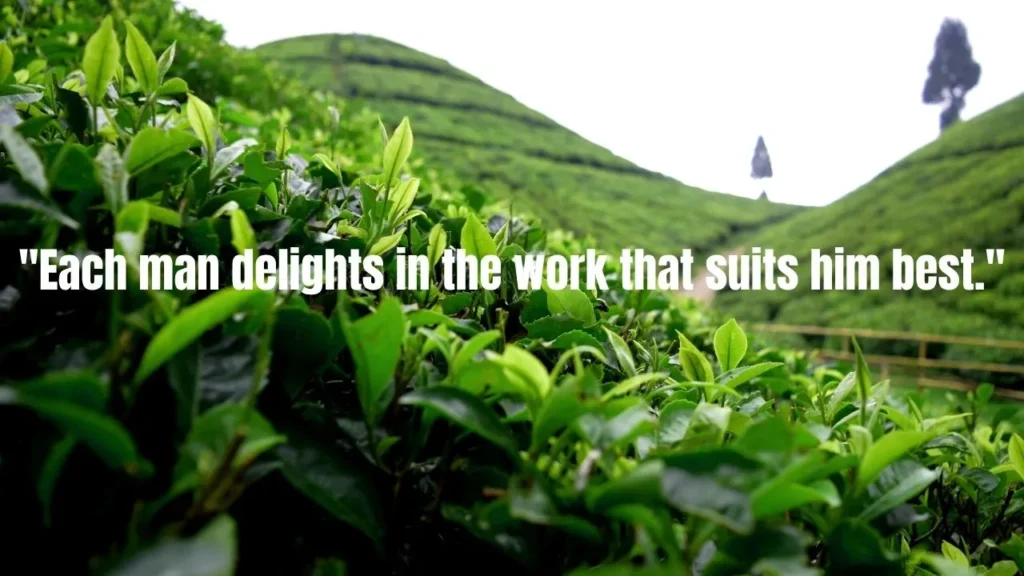
Immortals Are Never Alien to One Another
“Immortals are never alien to one another.”
This, is the line that address god and gods. They recognize each other. They get each other in ways that mortals don’t. There is a natural relationship between the immortals not only in their common essence.
How about humans? But maybe it implies that we also smell our own kind. That there is a deeper level on which people who have shared values, or experiences, connect in ways that go beyond casual acquaintance. That there is some sort of power of god when someone who truly sees you meets another person who truly sees them.”.
Divine Intervention and Human Agency
The Odyssey grapples throughout with the division between what is decided for us by the gods and what we have freedom to determine ourselves. Zeus might dictate some things, but humans get to decide how they react. Poseidon might make the trip more difficult, but Odysseus opts to press on.
This conflict, between an implacable fate and destiny contrasted with human/godlike free will is quintessentially epic in the Greek tradition. The gods are real and have power. But humans are not puppets. They take meaningful actions that help determine their fate.
What wisdom does this offer? That we inhabit a world of mixed causation. Some things we cannot control. Illness strikes. Disasters happen. People die. But what we do with it becomes our choice. We can either curse fate or work with it. We can submit to what gods determine, or we can find methods to impose our will within those limits.
Most Popular Odyssey Quotes and Why They Matter
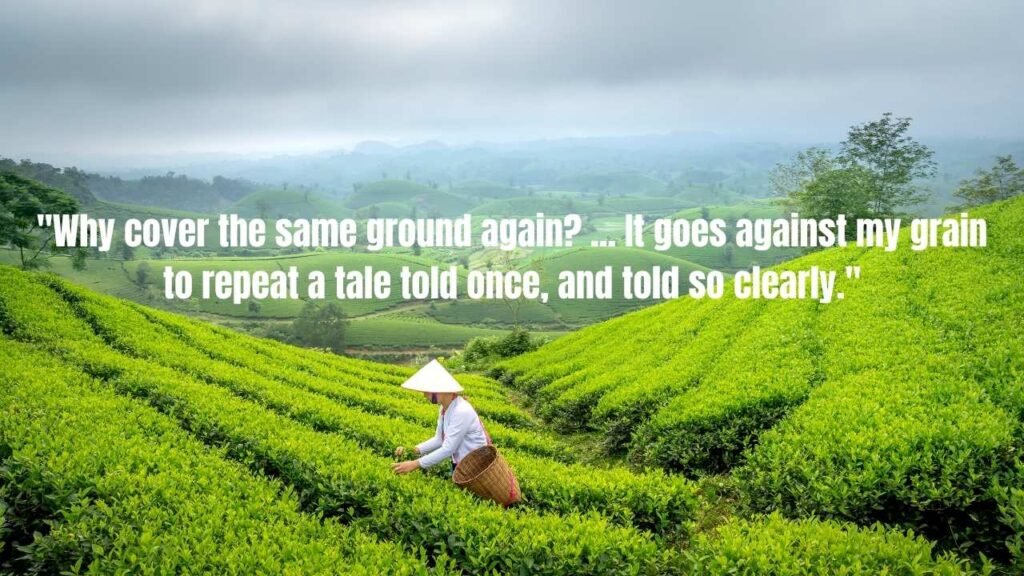
The Top Most Beloved Lines
Certain qualities link the quotes from The Odyssey that people return to time and again. They express universal human experiences. They use memorable images. They put complex truths in plain language.
“Be strong, saith my heart” continues to resonate because we all need courage. This line allows us to encourage ourselves. To talk tough to ourselves when all seems about to cave in.
“so you get that feeling of fragility / there’s little man can do.” It struck a note because it tells us in other, more beautiful words, why we feel so down sometimes… Hey There Delilah Within all this pain there’s some optimism without false sentiment; songs like “Hey There Delialh” suggest that there is light at the end of a long dark tunnel. It tells us that not by being vulnerable does an individual fail, but it is rather the way of humankind.
Lesser-Known Gems from The Odyssey
But beyond those famous lines, there is much in The Odyssey that a new reader may miss. These deeper cuts reward close reading.
“I dare not avow myself of like spirit or courage as before in pressing thee without fear or pausing round and round thee, ” but “Yea, and if some god shall wreck me in the wine-dark deep, even so I will endure” exemplifies the warrior ethic taken to the extreme. As long as I can still continue, even if all goes wrong, and even a god stands in my path, I will be unabashed. This radical endurance is an inspiration to anyone confronting impossible odds.
“So do the gods deign to confer their blossoms all unsparingly? The gifts of build and brain and speech on all they ne’er bestow,” is a reminder that we are all different, none can have it all. We don’t have to be good at everything. The gods bestow on everyone his gifts. Wisdom is understanding what they are and using them well.
How to Use The Odyssey Quotes in Modern Life
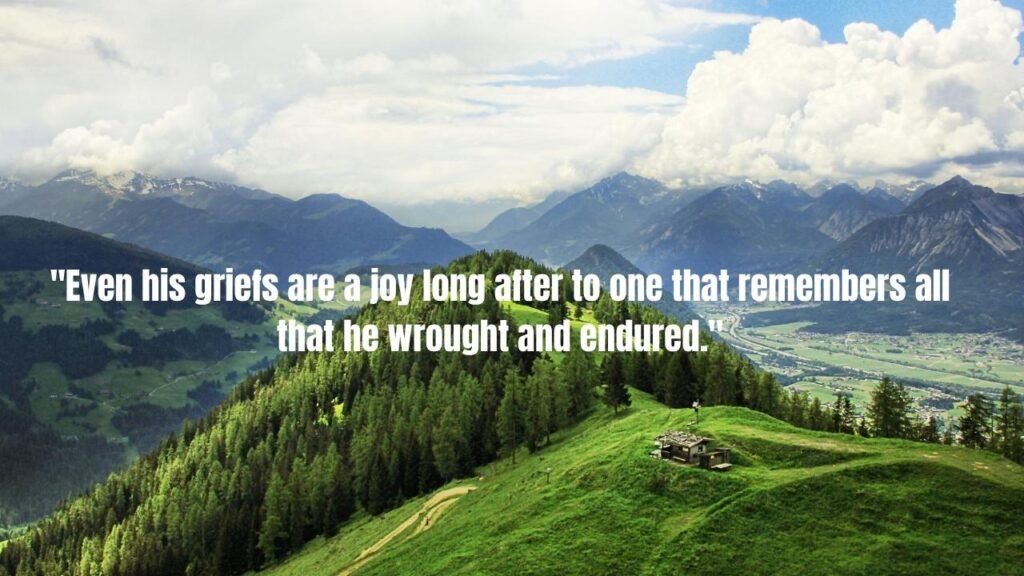
Daily Inspiration from Ancient Wisdom
You can also use the Odyssey quotes as daily mantras. Select one line that talks to the struggle you’re facing right now. Write it down. Speak it out loud. Let it guide your day.
If you have something difficult to work at, say to yourself: “Be strong, saith my heart; I am a soldier.” In case you are drowning in your despair, it would help to remember: “After a while a man becomes accustomed even to Hell.
Using these quotes as journaling prompts to process experience. Type the quote at the top of your essay page. Then see how it applies to your life right now. How does such an ancient wisdom apply to your current challenges? What would Homer say about that thing you’re facing?
Teaching and Sharing Classical Wisdom
The introduction of young people to Homer and other classic literature presents them with their inheritance of the human heritage. These stories belong to everyone. They are the very groundwork of Western literature and philosophy.
The quotes from The Odyssey are great conversation starters. Take a line like “Empty words are evil” and work out what it means. Ask students if they can give examples of when they themselves experienced empty words, or spoke them. Instead, they make the ancient wisdom applicable to modern times.
We build bridges across generations when we share what we care about. These quotes can be shared with grandchildren. Teachers can employ them to get discussions going. Those can be posted by parents where children will see them daily.
The Best Translations of The Odyssey for Quote Lovers
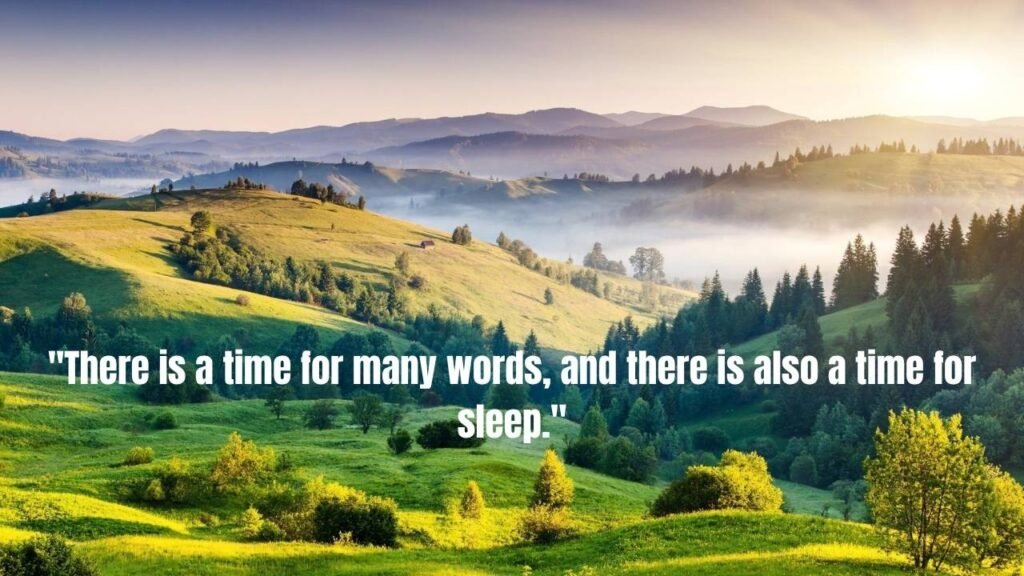
Emily Wilson’s Modern Translation
Emily Wilson set a new bar with her translation of The Odyssey. Her translation has a new feel to it because she isn’t trapped by trying to translate ancient text.’ She recreates the speedy and forthright sound of Homer’s Greek.
The opening of Wilson’s first sentence defines her approach: “Tell me about a complicated man.” Other translations indicate “clever” or “wily.” Wilson opts for “complicated” because it includes Odysseus’s cleverness as well as moral ambiguity. He is not simple. He is complicated and inconsistent, just like people are.
Why does translation matter? Because other words mean different things. Every translator also takes English liberties in deciding which words best describe Homer’s Greek. These are readers’ choices, and they influence how we perceive characters and themes.
Robert Fagles and Richmond Lattimore
There have been important translations by Robert Fagles and Richmond Lattimore that are considered authoritative. Both scholars were committed to recovering the true Homer.
Fagles’ rendering captures the original energy of the epic. Here, his language has dignity and grandeur. When you read Fagles, you feel the mythic immanence of the story. His quotes have muscle and motion.
Lattimore prioritizes literal accuracy. He attempts to echo Homer’s Greek as closely as English will permit. This can lead to clumsy phrasing, but it gives readers a sense of confidence that they are seeing what Homer himself wrote.
The Journey Never Ends
The Odyssey remains because human nature remains. We still wander. We still seek home. We are still up against gods and fate and our own weakness. We still need courage and love and friends.
Homer bequeathed us a complex man to show us the way. Odysseus is not perfect. He makes mistakes. He gets lost. But he keeps going. He endures. He thinks his way through impossible situations. He makes it home.
We still guide wanderers by these Odyssey quotes, and for good reason; they are true. They do not pretend life is simple or that heroism involves never stumbling. They acknowledge the **wine-dark Retry.

